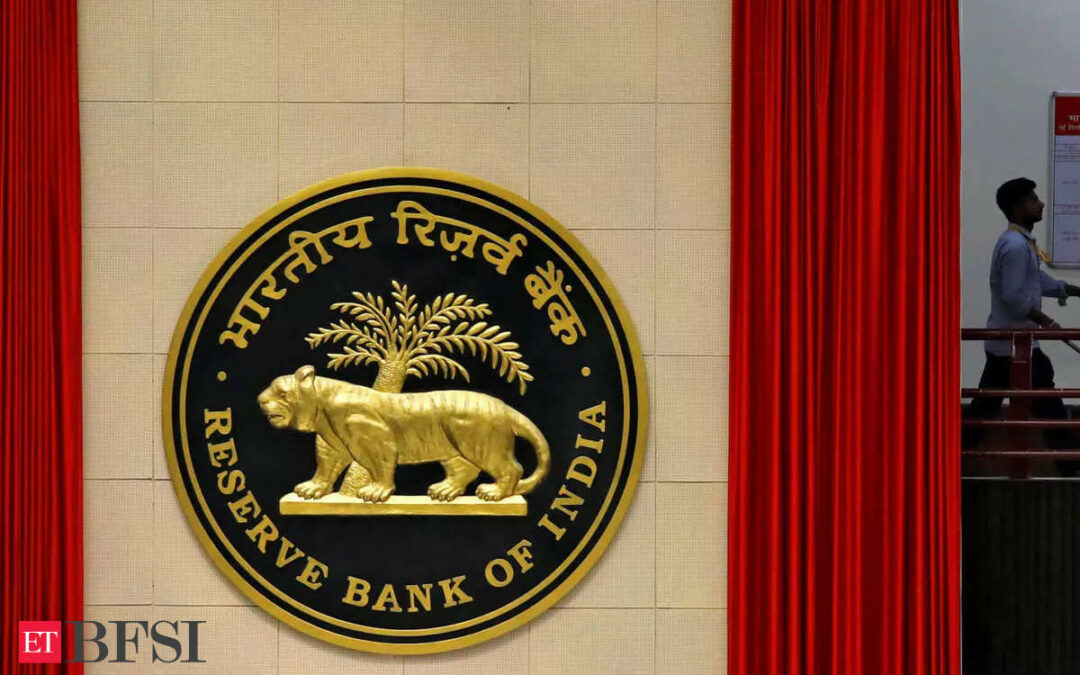In the past two years, Indian engineering firm BTL EPC Ltd has seen revenues double and profit margins expand which Managing Director Ravi Todi says is due to a central bank-backed electronic platform that helps small businesses gain quicker and cheaper access to working capital.
The Trade Receivables Discounting System (TReDS) introduced about a decade ago by the Reserve Bank of India has seen the engineering company’s cost of funds drop by 2.5 percentage points, Todi told Bloomberg News in an interview. Revenues have doubled to 6.5 billion rupees ($77.3 million) in the year to March 2024 from two years ago, and is expected to top nine billion rupees this year, he said.
“It has come as a big boon for us,” says Todi.
The platform is proving to be helpful to other medium, small and micro enterprises which contribute a third of India’s gross domestic product and 62% of employment, but struggle with payment delays stretching to as long as three to four months. While they require 70 trillion rupees in working capital annually, only 25% of this is met through formal channels, leaving a credit gap of 52.2 trillion rupees, according to rating agency CRISIL Ltd.
TReDS has tried to bridge this gap by bringing MSMEs, banks and their clients on a common platform. MSMEs upload their bills on the platform, banks bid for those and pay a discounted sum to the firms. Banks then collect the full amount from the clients on the due date.
Data from RBI shows that in the last financial year, 1.4 trillion rupees of bills were financed through the three authorized TReDS platforms — M1xchange, Invoicemart, and Receivables Exchange of India (RXIL). This is a significant jump from 8 billion rupees cleared in 2017-2018.
The RBI did not respond to an email from Bloomberg News seeking a comment.
The platform’s success dovetails with India’s emergence as a global leader for digital payments. The world’s most populous country has seen the fintech space grow at an unprecedented pace with digital banking increasing financial inclusion and winning praise globally.
Sundeep Mohindru, CEO of M1xchange, said small firms can get their payments discounted on TReDS at an interest rate of 7-10% per year, compared to 15-24% outside of the platform. That, and faster access to capital have improved cash flows at many small businesses, helping them expand.
But while private sector firms actively use the platforms, state-run companies have been slow to adopt, Ketan Gaikwad, MD and CEO of RXIL said. Many of them are “registering on these platforms merely as a formality, rather than to actually utilize the services,” he added.











